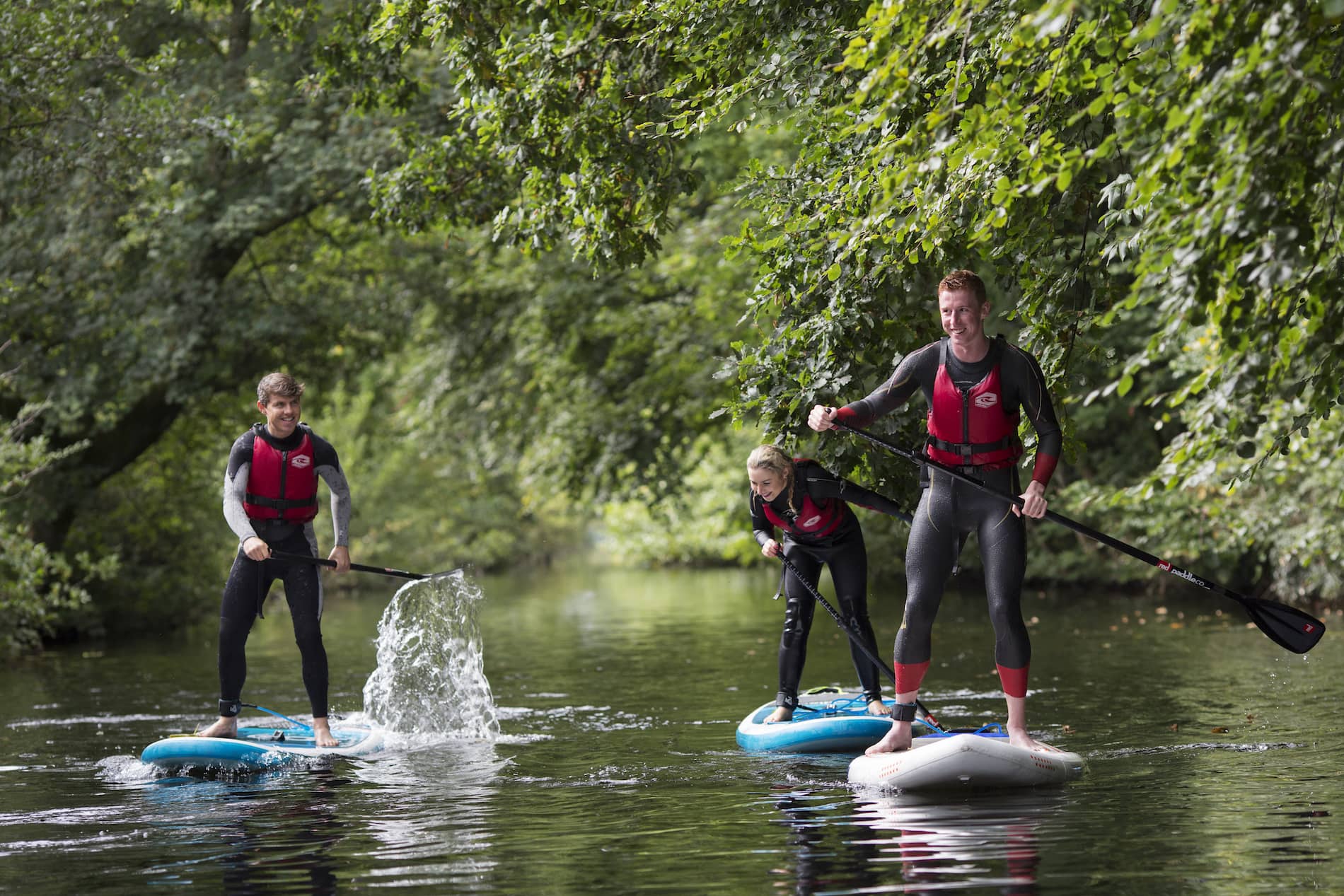

Visas and passports
Ireland’s visa and passport requirements vary for different nationalities so check with your local embassy or consulate before you travel
Passports
Most people need a valid passport to enter the Republic or Northern Ireland but there are some exceptions:
- If you’re a UK citizen, you can also use official photo identification.
- If you’re an EU citizen, you can use your national identity card to travel throughout the island of Ireland (including Northern Ireland), as long as you’re arriving and exiting the island via an airport or ferry port in the Republic of Ireland. If you’re travelling direct to Northern Ireland from the EU or travelling on to Great Britain from Northern Ireland, you’ll need a passport. EU nationals will also need an ETA assigned to a valid passport for travel to Northern Ireland from 2 April 2025.
From 8 January 2025, Australian and New Zealand citizens will also need an Electronic Travel Authorisation (ETA) to travel to Northern Ireland.
Air and sea carriers require some form of photo identification (usually either a passport or driving licence), so ALWAYS check what form of ID is required with your individual airline, ferry company or travel agent before travelling.
While e-passports are commonly used now, you don't need one to enter Ireland.
5 top tips


Killaloe, County Clare
Stand-up paddle boarding with Soulkite
Visas
Whether you need a visa to enter Ireland depends on your citizenship.
Currently, if you’re a citizen of a European Economic Area (EEA) member state (27 countries of the European Union, together with Iceland, Norway and Liechtenstein) and many other countries including Great Britain, the USA, Australia, Canada and New Zealand, you don’t need a visa to visit the Republic or Northern Ireland. South African visitors can visit the Republic of Ireland without a visa, but need a UK visa in order to enter Northern Ireland. Ireland’s Department of Foreign Affairs and Trade has a full list of countries whose citizens do NOT need a visa to visit Ireland.
If your country is not on this list, contact your local Irish embassy/consulate before you travel to find out your visa requirements. If you’re planning on travelling to Northern Ireland, contact your local British embassy/high commission or consular office.
Electronic Travel Authorisation (ETA) scheme and travel to Northern IrelandThe UK has launched an Electronic Travel Authorisation (ETA) scheme – an ETA is a digital permission to travel to the UK, including Northern Ireland, and also to travel to Northern Ireland from the Republic of Ireland. Australian and New Zealand citizens will need to apply for an ETA for travel from 8 January 2025. For more information, please visit the UK Government website.
Short-Stay Visa Waiver Scheme
This scheme allows visitors from certain countries who have a valid UK visit visa to also visit Ireland without the need for an Irish visa. The scheme is valid until October 31st, 2026 and you can get a list of participating countries from the Irish Immigration Service.
Work and Student Visas
Wondering about a working holiday in the Republic of Ireland? You can talk to your local Irish embassy or consulate about a Working Holiday Authorisation (WHA). And if you’re interested in studying in Ireland, you can find out more from INIS. If you want to work or study in Northern Ireland, contact UK Visas and Immigrations.
Useful links
1. Department of Foreign Affairs
The Irish government website gives information on visas and passports, and contact details for embassies.
2. Citizens Information Board
Ireland's statutory body is a great source of information about what you need to travel to Ireland.
NI Direct: Visas
This is where you will find information and advice on visa requirements for Northern Ireland.























